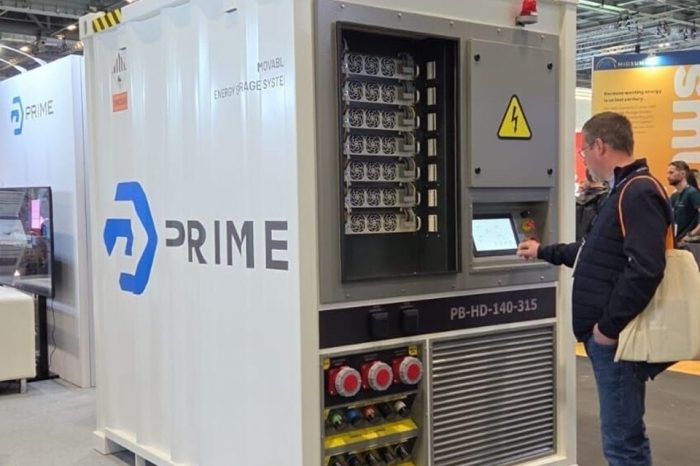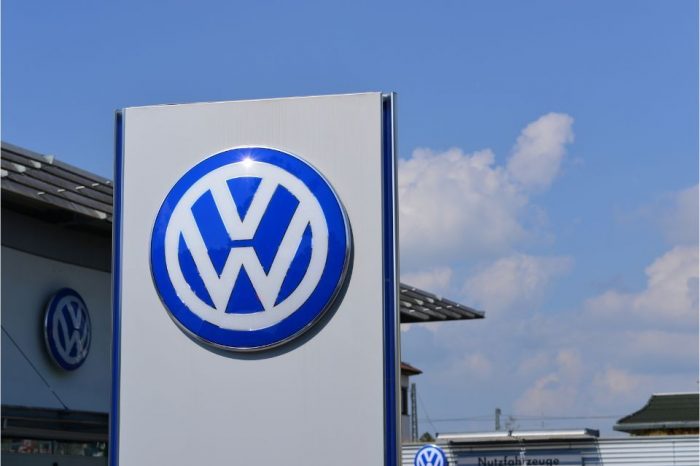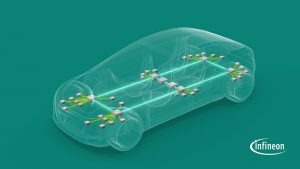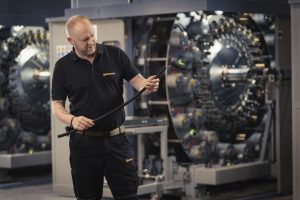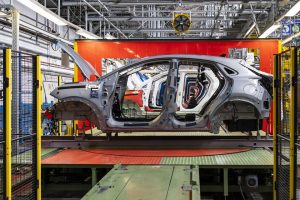Auto makers and electricity sector call for rapid action on charging points under EU recovery plan
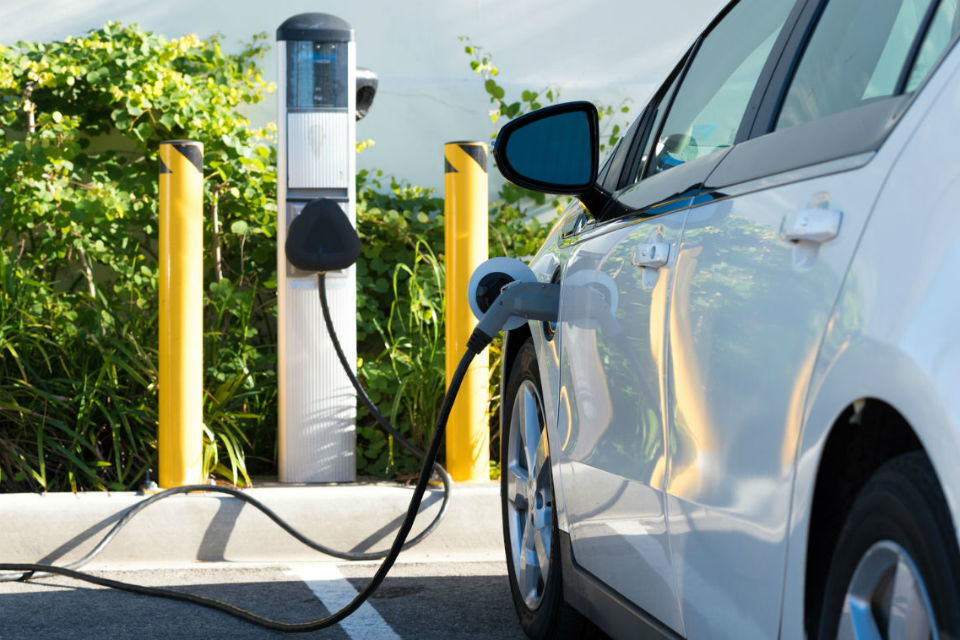
The European Automobile Manufacturers’ Association (ACEA) and Eurelectric welcome the focus on infrastructure for electrically-chargeable vehicles in the coronavirus recovery plan announced by the European Commission.
The associations support the goal of funding 1 million public charging points referred to in the plan. However, they note that this objective was already part of the European Green Deal, and that it falls well below what will be required in reality. According to the Commission’s own calculations, roughly 2.8 million publicly-available charging points will be needed by 2030 – some 15 times more than what is currently in place across the European Union.
The auto and electricity sectors have joined forces to stress the increasing urgency to revise the EU’s outdated Alternative Fuels Infrastructure Directive (AFID). ACEA and Eurelectric are calling on the Commission to accelerate its plans for the AFID review as part of the recovery plan for Europe.
“This revised directive should introduce a much more ambitious approach for rolling out charging points and hydrogen refuelling stations across the entire European Union. Infrastructure deployment (particularly across the TEN-T core and comprehensive networks and in urban areas) should be in line with the benchmarks for zero- and low-emission vehicles set by the EU for 2025 and 2030, and should consider the power classes of charging points and the charging capacities of vehicles,” a press release shows.
“We need to see rapid action on infrastructure roll-out to give consumers confidence to go out and buy an electric vehicle, thereby ensuring that the fleet can be renewed in an environmentally-friendly way,” urged Eric-Mark Huitema, ACEA Director General.
“Embedding clean mobility in Europe’s new normal requires speeding up the launch of battery electric vehicles and the rollout of charging infrastructure, as well as upgrading the grids and developing the appropriate storage solutions. These four points must be central and interlinked in any discussion on the future of mobility, as well as in recovery plans,” said Kristian Ruby, Secretary General of Eurelectric.



